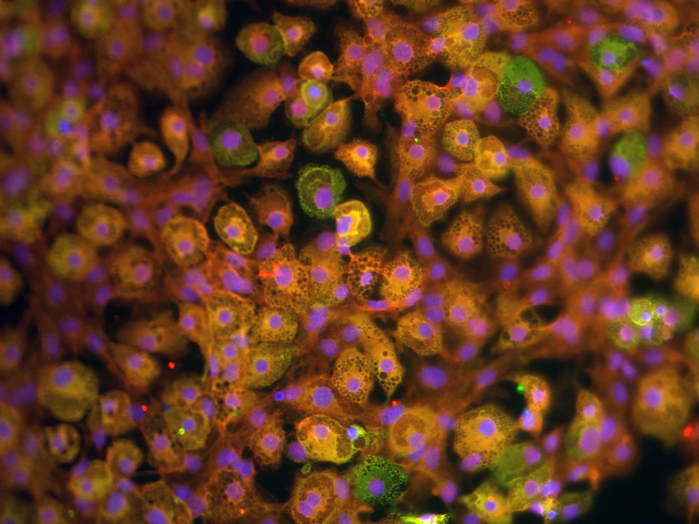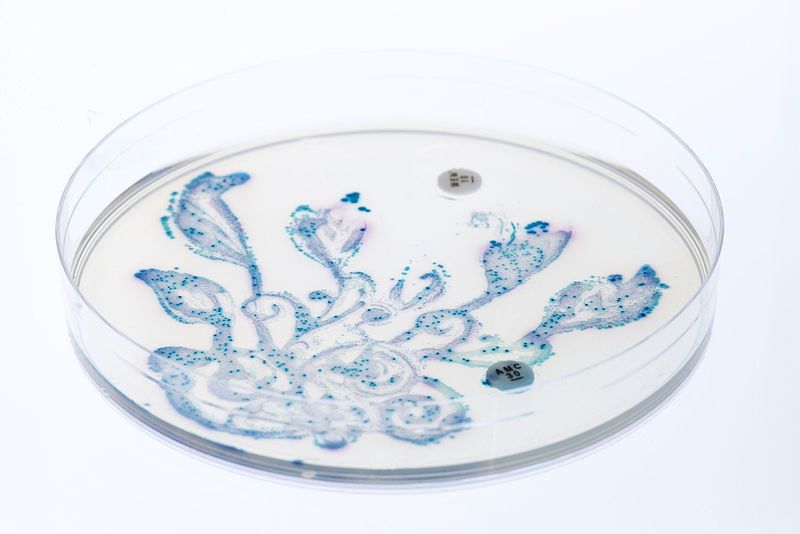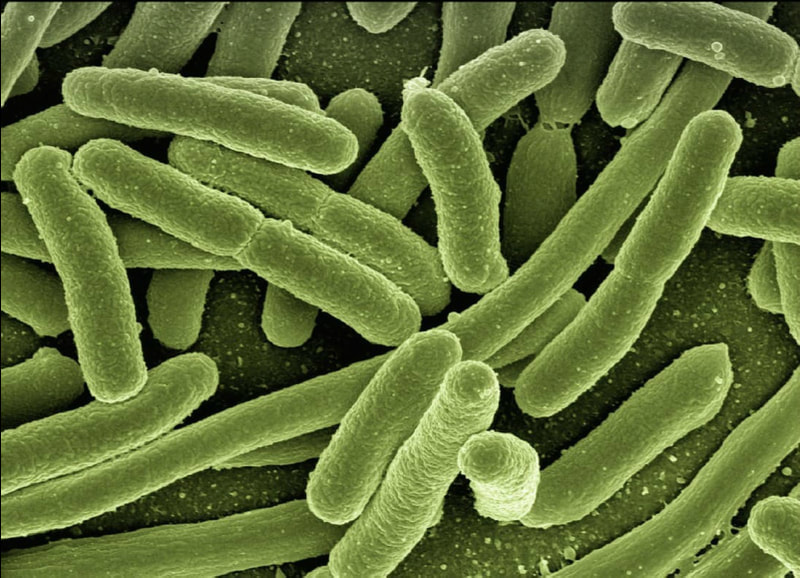Fat Cells Don’t Forgive or Forget
Fast food restaurants, processed food, sugary drinks — Americans know them, eat them, and love them but, unfortunately, exploit them. Overindulgence in unhealthy diet choices can lead to obesity, the possession of excessive body fat. According to the National Center for Health Statistics, about 40% of adults and 19% of youth in the United States are obese. As these numbers continue to rise, medical professionals and researchers have grown increasingly concerned for public health, especially considering obesity’s link to heart disease, joint problems, cancer, and diabetes, a disease in which one’s blood sugar becomes too high. According to the National Center for Chronic Disease Prevention and Health Promotion, 30.3 million Americans have diabetes. Current research regarding obesity and diabetes focuses not only on treatment and prevention but also on understanding the molecular mechanisms underlying the conditions and their consequences. A recent study published in the International Journal of Obesity by Emil Andersen and his colleagues has discovered an especially interesting molecular component of fat cells: they can remember unhealthy diet choices.
How can a fat cell “remember” a poor diet? The answer lies within DNA (deoxyribonucleic acid), the blueprint that codes for the creation of proteins the body needs to develop and function. DNA contains genes, sequences that synthesize specific proteins. The body contains many types of cells that perform different tasks and require different proteins. For example, fat cells, known as adipocytes, store energy. Different cell types arise from changes in gene expression. Genes in a cell can be turned “on” or “off” by chemical modifications caused by cell signaling or environmental factors, such as diet. Modifications to gene expression that occur without altering DNA sequences are considered epigenetic. Through their study, Andersen and his colleagues found that genes in the fat cells of lean patients, obese patients, and obese patients with type 2 diabetes were turned on and off differently, suggesting an epigenetic effect of diet on fat cell gene expression.
How can a fat cell “remember” a poor diet? The answer lies within DNA (deoxyribonucleic acid), the blueprint that codes for the creation of proteins the body needs to develop and function. DNA contains genes, sequences that synthesize specific proteins. The body contains many types of cells that perform different tasks and require different proteins. For example, fat cells, known as adipocytes, store energy. Different cell types arise from changes in gene expression. Genes in a cell can be turned “on” or “off” by chemical modifications caused by cell signaling or environmental factors, such as diet. Modifications to gene expression that occur without altering DNA sequences are considered epigenetic. Through their study, Andersen and his colleagues found that genes in the fat cells of lean patients, obese patients, and obese patients with type 2 diabetes were turned on and off differently, suggesting an epigenetic effect of diet on fat cell gene expression.
The researchers collected samples of fat tissue from 15 lean patients, 14 obese patients with no history of diabetes, and 14 obese patients with type 2 diabetes. They isolated preadipocytes, fat cells that have not fully matured yet, and cultured them to observe their differentiation into mature fat cells. The researchers quantified the genes that were differentially expressed in the preadipocytes, observed their patterns of epigenetic DNA modification, and tested the effect of treating the preadipocytes with tumor necrosis factor alpha (TNF-alpha), an extracellular molecule involved with inflammation, and fatty food oil (palmitate) that may epigenetically alter gene expression.
From their study, the researchers discovered the following:
Moving forward, the researchers suggest that these findings can be used to “reset” the fat cells of obese patients back to normal gene expression. Until that treatment is possible, however, this study could still greatly contribute to prevention of obesity and diabetes by informing the public on how diet affects health and development. Treatment of conditions like obesity and diabetes requires not only pharmaceutical efforts to develop medicines and therapies but also educational efforts to ensure people gain a solid foundational understanding of why they should make healthy lifestyle choices.
From their study, the researchers discovered the following:
- The preadipocytes of both groups of obese patients expressed a different set of genes than those of lean patients, specifically genes that lead to damaged metabolism, the chemical reactions needed to sustain life.
- DNA methylation, a process that modifies gene expression, is altered in obese patients and aligns with the genes differentially expressed in obese patients.
- TNF-alpha and palmitate change the DNA methylation patterns of preadipocytes even after many cell divisions, suggesting fat cell “memory” of environmental factors.
Moving forward, the researchers suggest that these findings can be used to “reset” the fat cells of obese patients back to normal gene expression. Until that treatment is possible, however, this study could still greatly contribute to prevention of obesity and diabetes by informing the public on how diet affects health and development. Treatment of conditions like obesity and diabetes requires not only pharmaceutical efforts to develop medicines and therapies but also educational efforts to ensure people gain a solid foundational understanding of why they should make healthy lifestyle choices.
Featured Image Source: DanielReche
RELATED ARTICLES
|
Vertical Divider
|
Vertical Divider
|
Vertical Divider
|






